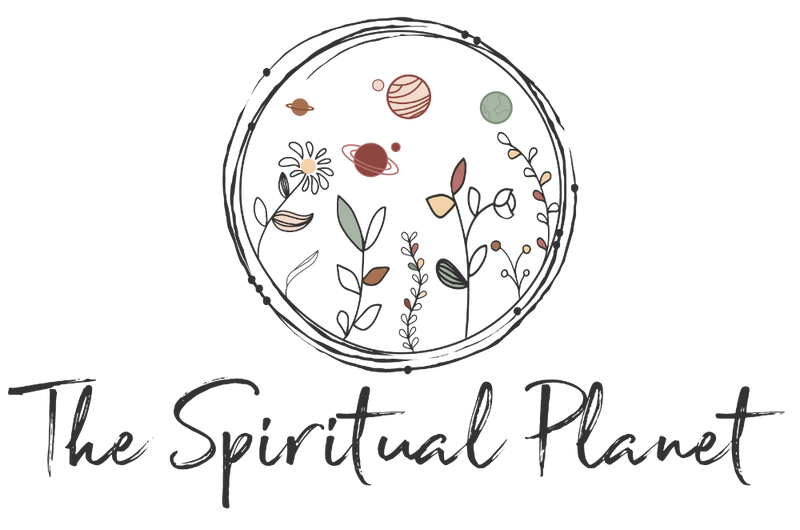A Look at Astrology In America and Other Parts of the World
Posted on November 30 2019

It is interesting to note that while only approximately thirty-one percent of adults in the United States believe in astrology, research studies show that fifty-two percent of Europeans consider astrology to be a science.
The primary forms of astrology which are predominantly in current practice are Indian astrology, Western astrology, and Chinese astrology. In the United States, Western astrology is the most popular. The most well-known aspects of Western astrology are the zodiac signs, which are based on the belt of constellations. The zodiac signs (or, also referred to as the astrological signs) are called Aries (the ram), Taurus (the bull), Gemini (the twins), Cancer (the crab), Leo (the lion), Virgo (the virgin), Libra (the scales), Scorpio (the scorpion), Sagittarius (the archer), Capricorn (the goat), Aquarius (the water-bearer), Pisces (the fishes).
 Horoscopes, which are the most basic interpretations, are based on the sign that was in effect when you were born; and whether you were born on the "cusp," which means the very beginning or the very end of the particular sign. In addition to utilizing a sign to determine life events and predict your future, it is also relevant to learning the characteristics of your personality and even predisposition toward various potential health conditions. Odd as it may sound, many who have carefully studied this type of information have found it to be entirely accurate. For example, while every Virgo is not "practical," "fastidious," and "strong-minded," this trait is indeed a common factor amongst many who were born under this sign; and while all who were born under the sign of Virgo do not develop stomach, intestinal, or reproductive difficulties, many Virgos are indeed more prone to these problems than other people.
Horoscopes, which are the most basic interpretations, are based on the sign that was in effect when you were born; and whether you were born on the "cusp," which means the very beginning or the very end of the particular sign. In addition to utilizing a sign to determine life events and predict your future, it is also relevant to learning the characteristics of your personality and even predisposition toward various potential health conditions. Odd as it may sound, many who have carefully studied this type of information have found it to be entirely accurate. For example, while every Virgo is not "practical," "fastidious," and "strong-minded," this trait is indeed a common factor amongst many who were born under this sign; and while all who were born under the sign of Virgo do not develop stomach, intestinal, or reproductive difficulties, many Virgos are indeed more prone to these problems than other people.
Indian astrology, which is called Jyotisa, or Vedic is the belief of the connection between the microcosm and the macrocosm, the smaller parts, and the universal. Interest in Vedic astrology is widespread, and is a significant part of the Indian culture, as people rely on it for all of the crucial decisions in their lives, from business to marriage.
 During the last few decades, Indian astrology has become more popular, and its influence spread to such places like Arizona, where the American College of Vedic Astrology can be found—currently offering online courses for those interested in learning how to become certified astrologers. Most astrologers providing Vedic astrology readings, however, are located in India.
During the last few decades, Indian astrology has become more popular, and its influence spread to such places like Arizona, where the American College of Vedic Astrology can be found—currently offering online courses for those interested in learning how to become certified astrologers. Most astrologers providing Vedic astrology readings, however, are located in India.
Chinese astrology is based on the calendar cycle, rather than on constellations.
In this form of astrology, the zodiac signs are named after animals the rat, ox, tiger, rabbit, dragon, snake, horse, sheep, monkey, rooster, dog, and pig. Going by the Chinese calendar, each of these animals are assigned to the lunar months.  The animals are also assigned to the time of day during which the individual person was born. Chinese astrology, also, has begun to attain widespread popularity in America.
The animals are also assigned to the time of day during which the individual person was born. Chinese astrology, also, has begun to attain widespread popularity in America.
Love, Light and Empathy,
Your Spiritual Planet Family
|
|

1 comment
The website provides an enlightening blog on the subject of astrology, exploring its cultural importance in America and around the world. The dialogue on how astrology is perceived and practiced in distinctive areas affords a captivating perception of the variety of non-secular beliefs and practices. Thank you for sharing such a thought-provoking piece that encourages readers to replicate the conventional attraction and interpretation of astrology throughout more than a few cultures.